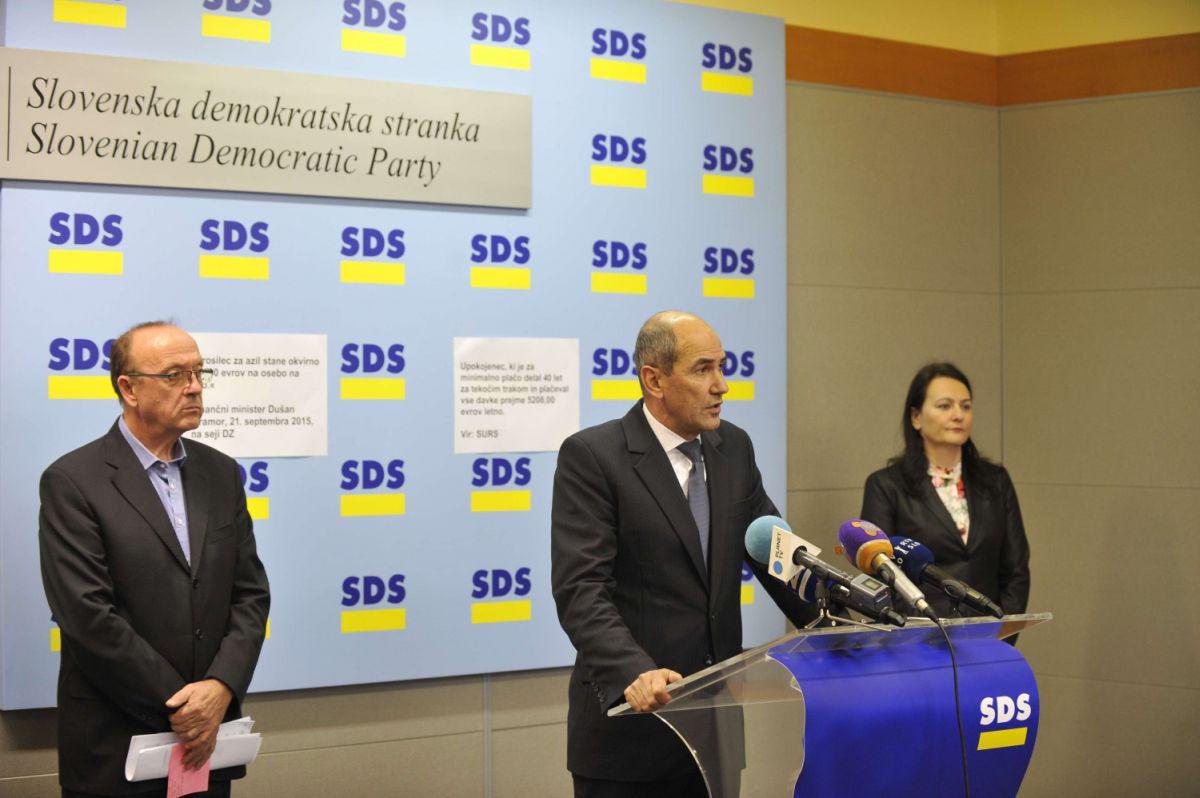
The bill proposed by the opposition Democrats (SDS) seeks to amend the Protection of Public Order Act. Janša said that the security aspect of this bill is obvious: "As for the cultural aspect, Slovenian culture and Slovenian customs should be respected and preserved."
SDS MP Vinko Gorenak stressed that France banned the burqa in public places six years ago, and the European Court of Human Rights upheld the ban, agreeing that wearing the burqa in public is not a human right. Belgium and parts of Spain have similar legislation.
Under the bill proposed by the opposition SDS, women could be fined 100 euros for wearing the burqa in public. "We must adapt to their customs when going to their places. There is no reason why we shouldn't demand the same of them when they are in our cultural environment," Gorenak added.
Janša is opposed to integration
The bill also seeks to change what Janša called Slovenia's relatively "generous asylum laws". According to Janša, the whole point of asylum is to ensure "safety" rather than foster "integration", meaning that people seeking asylum should be provided a safe environment as long as the regions in which they live are unsafe.
The bill proposes a number of changes. The annual quota for the number of accepted asylum-seekers would be set by the Slovenian Parliament. Foreigners seeking to enter Slovenia would have to claim asylum immediately upon arrival and submit all the necessary documents within 3 days. The relevant authorities would have to process the petitions within 30 days.
G. C., A. Č.; translated by D. V.

































































